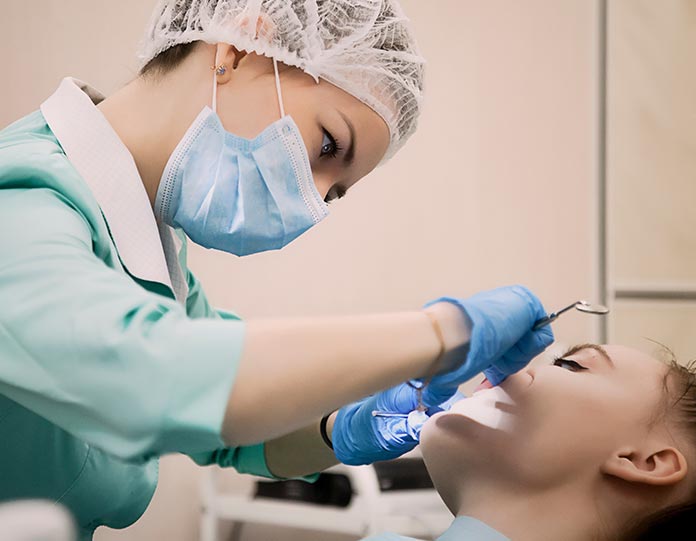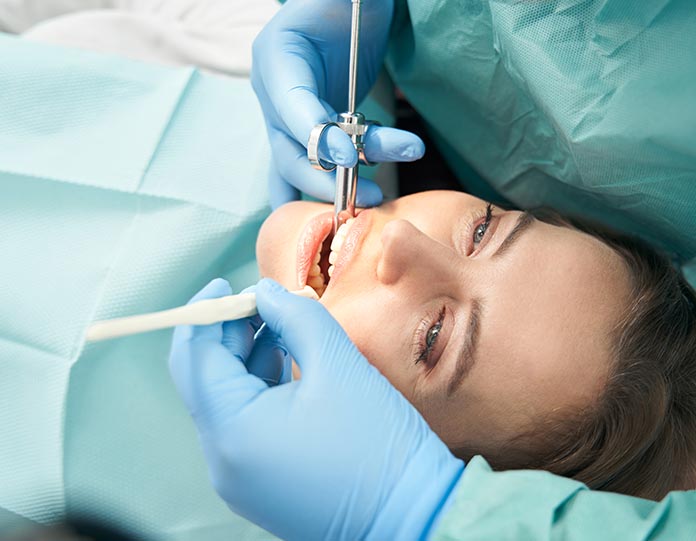Do They Put You to Sleep to Surgically Remove a Tooth?
The type of anesthesia used during a tooth extraction depends on the complexity of the procedure, but general anesthesia is typically not required for most extractions.
Key Points to Consider
Local anesthesia is commonly used for most tooth extractions.
Sedation options are available for those with anxiety or more complex procedures.
General anesthesia is rarely used, typically only for extensive oral surgeries.
Types of Anesthesia Used in Tooth Extractions
Local Anesthesia for Tooth Removal
In most cases, a dentist or oral surgeon will use local anesthesia for tooth extractions. This numbs the area around the tooth, allowing the procedure to be completed while the patient remains awake. You may feel pressure but will not experience pain. Local anesthesia is safe, effective, and commonly used for simple extractions.
Sedation for Complex or Anxiety-Induced Cases
For patients who are anxious or require a more complex tooth extraction, sedation options such as nitrous oxide (laughing gas) or oral sedatives may be offered. These options help relax the patient but still allow them to remain conscious. In more complicated cases, like impacted wisdom teeth, a stronger sedation may be used to ensure comfort throughout the procedure.

When is General Anesthesia Used for Tooth Extraction?
General Anesthesia for Extensive Oral Surgeries
General anesthesia is rarely used for routine tooth extractions. However, it may be recommended for more complex surgeries, such as the removal of multiple teeth or for patients undergoing full mouth extractions. In these cases, the patient is put to sleep and will not be aware of the procedure during recovery.
Special Cases for General Anesthesia
Patients with severe dental anxiety, those undergoing lengthy or complicated extractions, or children may require general anesthesia to ensure a comfortable and pain-free experience. It is always discussed beforehand and monitored carefully by a team of professionals.

Takeaways
In most cases, local anesthesia is sufficient for tooth extractions, while sedation or general anesthesia may be considered for more complex cases or anxious patients.
If you’re concerned about pain or anxiety during an extraction, talk to your dentist about the best anesthesia option for you.
